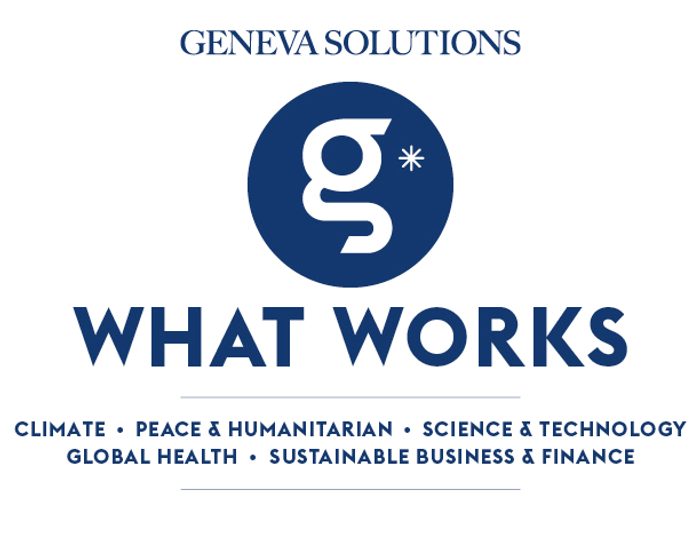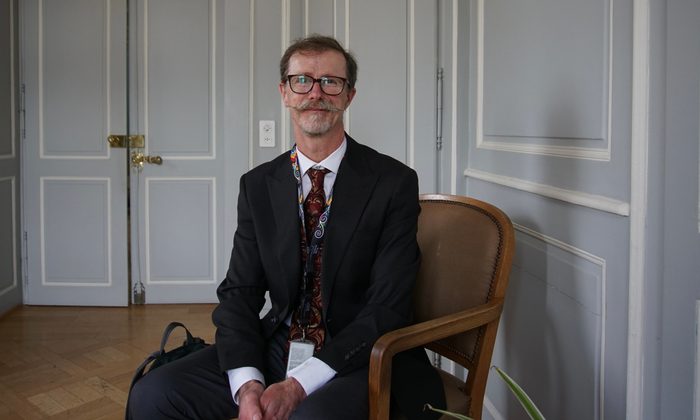|
Over half of global industrial greenhouse gas emissions from 1988 to 2015 can be traced back to some 25 fossil fuel companies, while the richest one per cent spew as much emissions as the poorest 66 per cent. These are some of the findings from the UN’s top expert on human rights and the environment’s latest report to the Human Rights Council.
In the document, presented to the Geneva-based body on Wednesday, David Boyd blasts the business sector for pushing the Earth way past its planetary limits all while blocking efforts to clean up their mess.
Geneva Solutions met with the Canadian environmental law professor the day ahead of his presentation. “Businesses are still treating our environment like a free dumping ground for their waste, producing immense volumes of air, water and soil pollution,” he said. “That massive impact on the environment also has a massive impact on human rights.”
After six years on the job, Boyd decided to step down three months early, partly, he says, because the work has taken “physical, mental and emotional toll”. In that time, he has celebrated the UN’s recognition of the right to a healthy environment after a decade-long campaign in which the expert was instrumental. But he has also seen the climate crisis worsen. He has been to some of the world’s toxic wastelands, including Cancer Alley, a stretch of land along the Mississippi River with over 200 petrochemical plants, where pollution levels are so high Boyd has declared it a “sacrifice zone”.
Read the full story on Geneva Solutions
|








